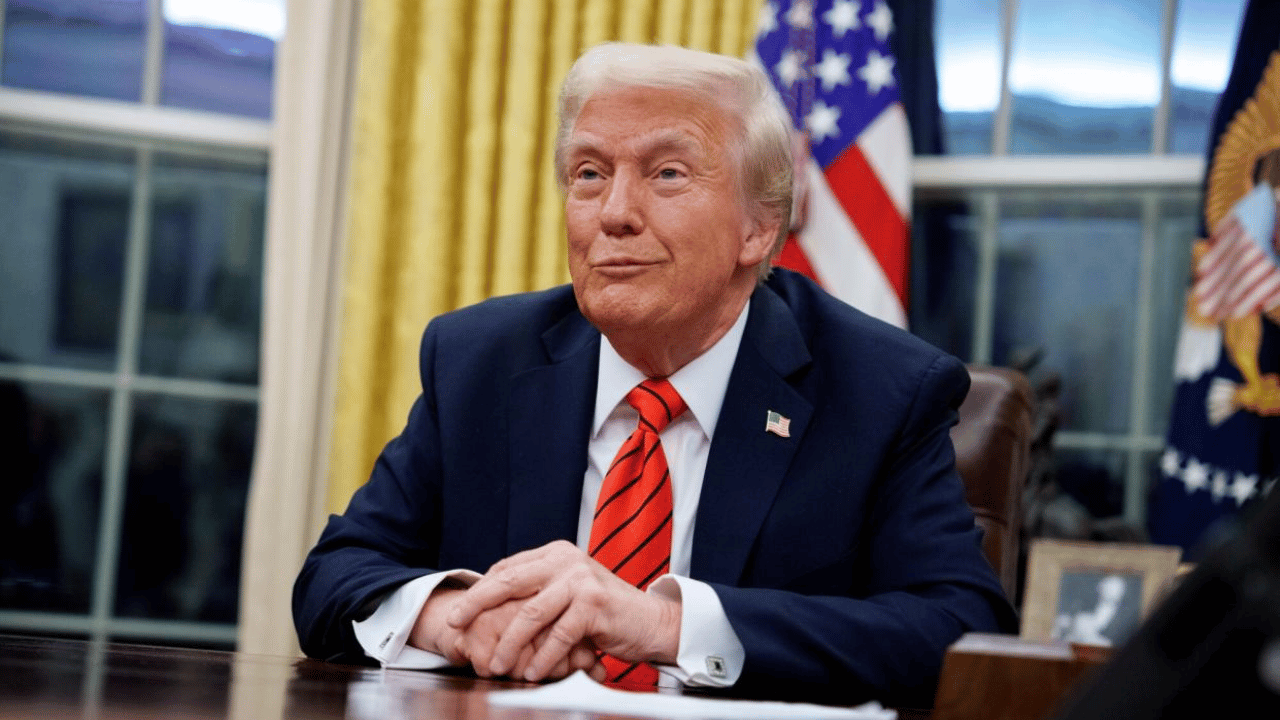In a sudden move that could affect global trade and the tech industry, the Trump administration has ordered certain U.S. companies to stop selling products to China.
The decision is linked to growing concerns over national security and the ongoing tensions between the United States and China.
The new order, issued through the U.S. Commerce Department, targets companies that supply semiconductors and advanced technology components. These firms are being told to halt their sales to China immediately.
This includes a freeze on exports of certain technologies that the U.S. believes could be used by China for military or surveillance purposes.
The U.S. government has not revealed the full list of companies affected, but reports suggest that some major American suppliers are involved.
These companies play a critical role in the global tech supply chain. Their products are used in smartphones, computers, military equipment, and advanced communication systems.
According to government officials, the decision is part of a broader effort to protect U.S. technology from being misused or falling into the hands of foreign governments that could pose a threat.
The Trump administration has taken a tough stance on China over the last few years, especially on trade, technology theft, and issues related to national security.
This move adds another layer of restrictions to what was already a tense trade relationship between the two countries. Previously, the U.S. had put Chinese companies like Huawei and ZTE on a trade blacklist, limiting their access to American products.
This new order continues that trend, making it even harder for China to get certain advanced technologies from U.S. suppliers.
Industry experts believe this could have serious consequences. U.S. companies may lose millions or even billions in sales. China may also retaliate by banning U.S. products or by accelerating its efforts to develop its technology.
A spokesperson from the Department of Commerce said the decision was not taken lightly. “We are acting in the interest of national security.
It is essential that our most sensitive technologies are not accessible to those who could use them against us,” the spokesperson said.
Some analysts have also warned that this could disrupt the global supply chain. Many countries rely on technology and components made by American companies. If those companies are forced to stop selling to China, it could delay manufacturing and raise prices worldwide.
Meanwhile, Chinese officials have criticized the U.S. government’s move. They accuse Washington of using national security as an excuse to suppress competition and limit China’s growth.
China has repeatedly stated that it wants fair and open trade, and it has warned that these actions could lead to further tensions between the two economies.
The Biden administration, which took office after Trump, has largely kept many of these restrictions in place.
This shows that concerns about tech and national security are not limited to one political party. Both Republicans and Democrats agree that the U.S. needs to be careful about who gets access to its most advanced technologies.
American companies affected by this decision are now reviewing the details and trying to understand what the new rules mean for their business. Some may apply for special licenses to continue limited trade with Chinese partners, but it’s not clear how many will be approved.
As this situation develops, industry leaders, global investors, and political analysts will be closely watching. The future of U.S.-China tech relations remains uncertain. What is clear is that the U.S. government is drawing a firm line when it comes to protecting its technology and controlling its exports.






